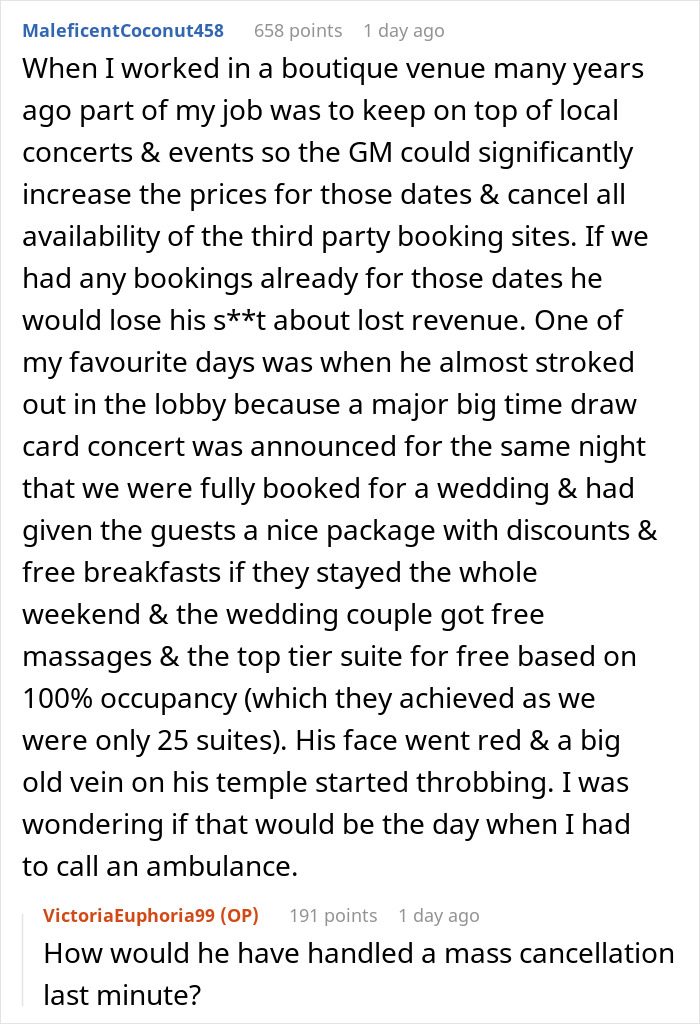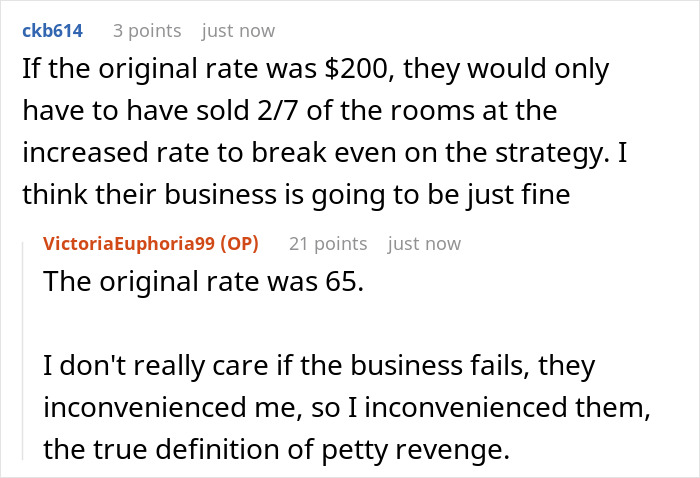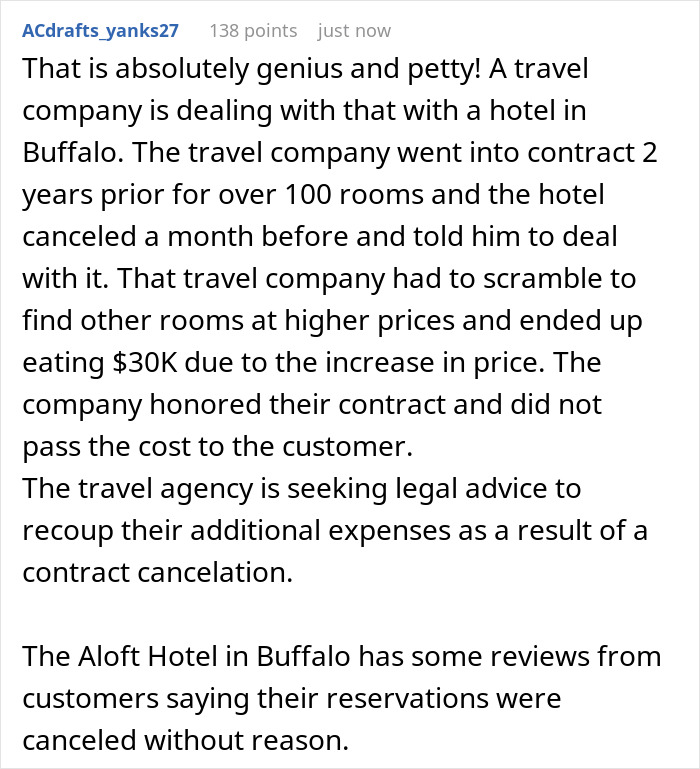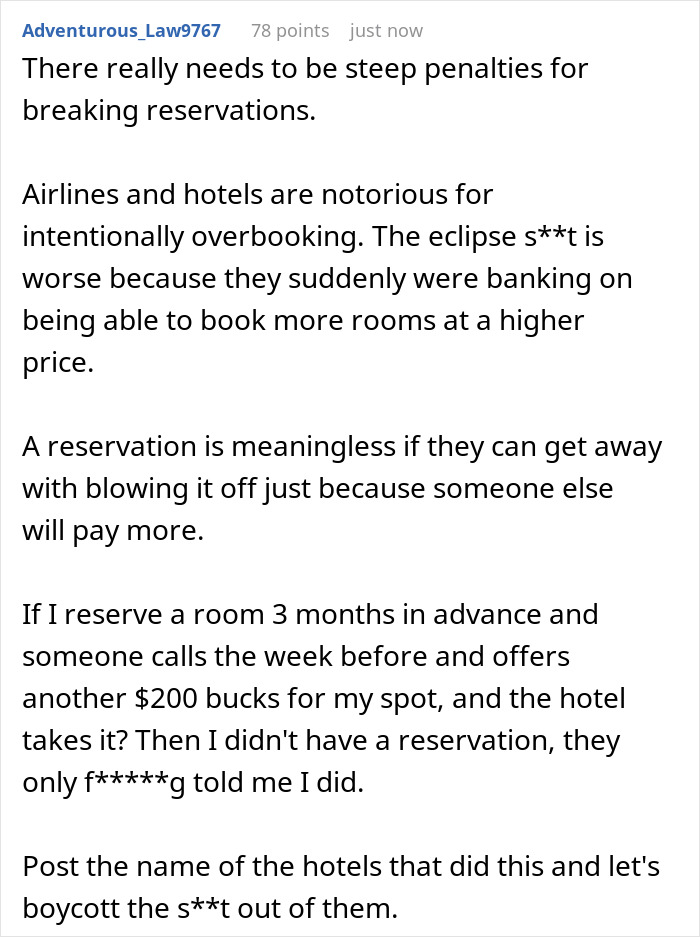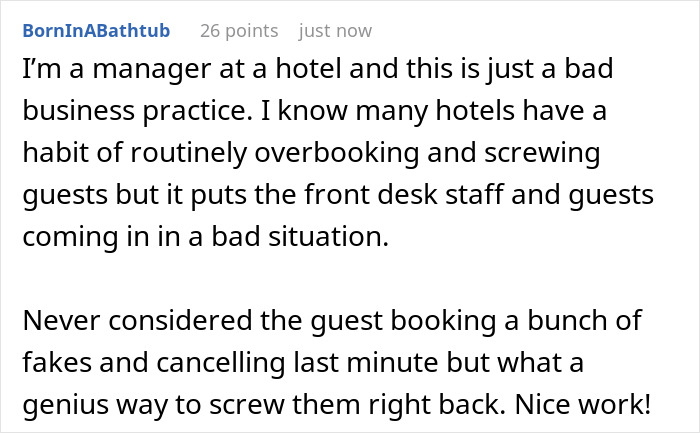A few days ago, a total solar eclipse crossed Mexico, the United States, and Canada. As the Moon blocked the face of the Sun, it cast a shadow above us, darkening the sky for a few minutes as if it were dawn or dusk. It was beautiful. And American Reddit user VictoriaEuphoria99 wanted to see everything with her own eyes. So she booked a hotel room where the phenomenon was taking place. However, the establishment probably noticed an increased demand in the area and canceled her reservation in what they called a “computer error” but seemed like an attempt at price gouging. Not to be outdone, the woman set out to give it a taste of its own medicine.
This woman lost her hotel reservation due to its greed

Image credits: Pixabay / pexels (not the actual photo)
So she developed a revenge plan and enlisted some of her friends for help

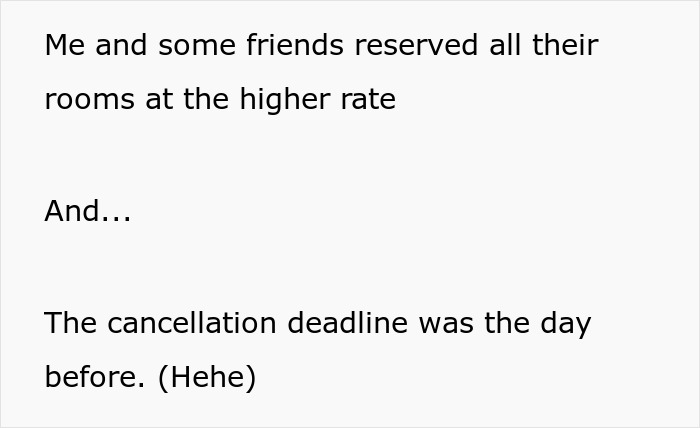

Image credits: vadymvdrobot / envato (not the actual photo)
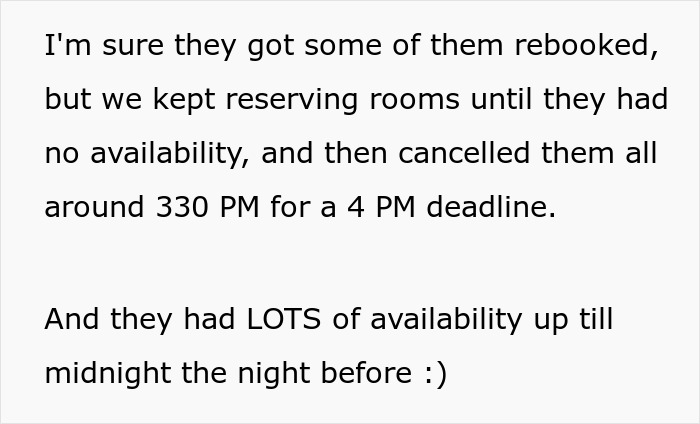
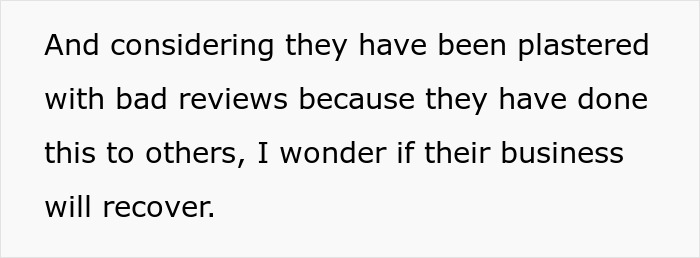
Image credits: VictoriaEuphoria99
Hotels did see a tremendous increase in demand

Image credits: Pixabay / pexels (not the actual photo)
According to some estimates, there were one to four million people who could’ve collectively injected up to $1.5 billion into the states on the eclipse’s path.
“That number will include lodging costs … as well as gas costs and food costs,” said Bulent Temel, assistant professor of practice in economics at the University of Texas at San Antonio, San Antonio, who performed the calculations to arrive at the $1.5 billion figure.
Many regions along the path of totality have spent months—if not years—preparing for the additional visitors and money. Rochester, NY, for example, was expecting 300,000 to 500,000 visitors across the nine-county Greater Rochester region. Local businesses had a slate of specials and planned events the weekend leading up to the event, including eclipse-themed beers from local breweries and a three-day pass from the Rochester Museum and Science Center.
The area’s tourism board said that some hotels have reported demand skyrocketing 1,200% for the four days leading up to April 8.
With people traveling from all over the country to witness one of the most spectacular celestial events in recent memory, this woman wasn’t the only one whose reservation was canceled and sold for several times the original price.
And many have, indeed, raised their prices

Image credits: Mikhail Nilov / pexels (not the actual photo)
So naturally, people looking to book accommodation in the center path of the ‘Great American Eclipse’ have seen rates soar and hotels sold out, with an analysis by the New York Times showing one hotel in Grayville, Illinois, advertising rooms for nearly 10 times their usual rate.
In Buffalo, New York, where as many as a million visitors were expected to flock for a prime viewing spot, hotel and flight bookings were up four times from a similar time period last year. Amid the clamor for accommodation, one travel agency said it had been forced to rearrange lodging for more than 150 people after bookings made two years earlier at two Buffalo hotels were canceled. Rooms that had cost $129 to $159 were canceled and resold at $450 or more, according to Sugar Tours owner, Chris Donnelly, who claimed it was “total price gouging.”
Susan Hochman, who had been planning to travel to see the solar eclipse for years, shelled out $650 to spend one night at a Best Western hotel in Saranac Lake, New York, where room rates are as low as $99 during less busy periods.
“I thought that was crazy,” the New York City resident said. “I almost died at the $650 rate the Best Western quoted, but at least I can just stay there the one night that I need.”
Hochman booked her accommodations in October of last year. Still, she wishes she had done it far earlier. “As much as I had given it forethought, I didn’t plan as much in advance as I should have,” she said, adding that the inflated lodging prices are “kooky crazy.”
Price gouging is a very subjective concept. In the U.S., there are no federal laws against it; however, 37 states — plus the District of Columbia, Guam, Puerto Rico, American Samoa, and the U.S. Virgin Islands — have statutes in place against what they feel are violations “of unfair or deceptive trade practices law.” But they have different laws on the issue, and experts argue that the definition of what constitutes price gouging is usually driven by politics, not economics. Therefore, authorities have difficulties answering at what point the price goes from merely high to outrageous, and people are left alone to deal with it.
As her story went viral, the woman joined the discussion in the comments

